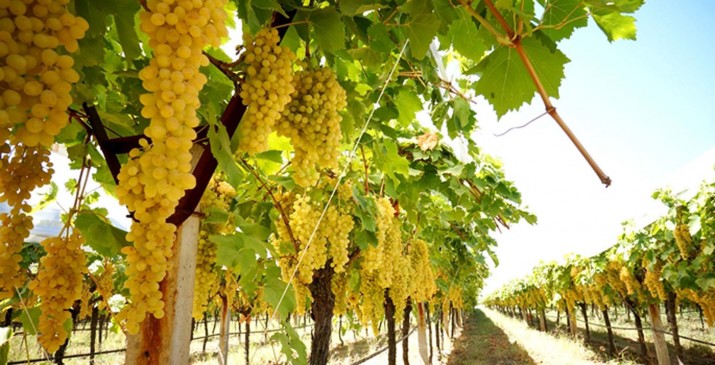Turkey’s Wine sector: The economist
From the Conservative, Kurdish region of Diyarbakir, Suleiman, a wine producer, spoke to the Economist.

The region, hit by clashes between the state and rebel, only concerns Suleiman with its “Bureaucracy and laws,” which he deems are “hardest to live with”. Fear of losing his Alcohol license application, he chose not to give his real name.
The AKP party, with its Islamic roots, has traditionally took a stance against alcohol; a few years back, just before the Gezi uprising, AKP had announced certain measures designed to curb alcohol consumption: Alcohol could not be sold after 22:00pm by supermarkets – only bars, clubs and restaraunts have that option.
Nevertheless, the law, just like the smoking in-doors ban, never took full force as of yet. In 2004, the party pushed through new alcohol tax laws, increasing the price of alcohol to a large amount. However this has not decreased alcohol consumption, but, instead, according to the OECD, 29% of Turkey’s alcohol consumption is through the black-market, sold illegally, and this figure does not include the levels of ‘homemade’ alcohol consumed by the makers themselves, friends and family.
In 2011, three English whiskey companies had their tax penalties and certain taxes removed as debt by the akp government, following a letter written in 2009 by Tony Blair, an attempt that was shot-down in 2009 by the opposing party, CHP. Thus, AKP’s approach to alcohol seems less ideological – but more a way to appease its socially conservative base.
AKP’s last restriction on the alcohol industry came in 2013: A new law passed banned the advertisement, promotion and sponsorship of alcohol, and even wine-tasting. “If someone comes to your vineyard, you can’t offer him a glass, because it’s against the law,” says Selim Zafer Ellialti, the boss of Suvla, a winery in the Gallipoli peninsula to the Economist.
“For new wines, it’s almost impossible to create an awareness around your brand.”
Turkey has a huge potential in the wine industry as the sixth largest producer of grapes, ahead of Argentina and Chile, countries that are huge wine producers; Turkey merely uses 3% of its grapes to produce wine, as many companies have turned to grape juice after the curbs went into effect.
Although measures do effect, negatively, the wine-market, producers have improved the quality of wine significantly. Furthermore, the prospect of foreign markets hold a potential for Turkey’s wine-sellers to exploit, as wine sales in their own nation may prove hard in the coming years.









